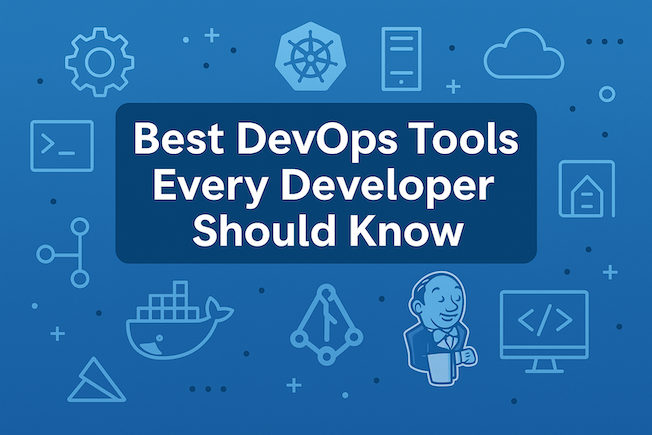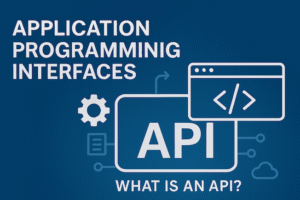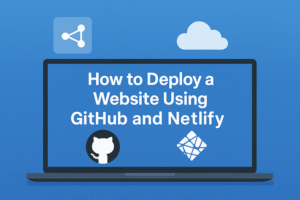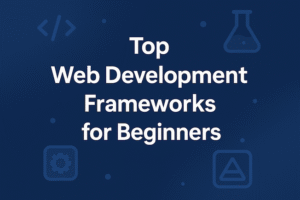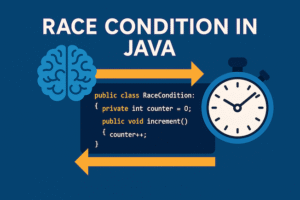Introduction: Why DevOps Tools Matter
In today’s fast-paced software world, DevOps tools have become essential for teams that want to build, test, and deploy applications efficiently. These tools help developers automate workflows, improve collaboration, and ensure that products reach users faster and with fewer bugs.
Choosing the best DevOps tools can transform your development process — making it smoother, faster, and more reliable. Whether you’re a beginner learning CI/CD or a seasoned engineer optimizing deployments, understanding these tools is a must.
1. Docker — The Foundation of Modern Development
Best for: Containerization and consistent environments
Docker revolutionized software development by introducing lightweight containers that work the same across all systems. It allows developers to package applications with all dependencies, ensuring “it works on my machine” becomes a thing of the past.
Why developers love it:
- Creates isolated, reproducible environments
- Simplifies deployment to any cloud or server
- Integrates seamlessly with CI/CD pipelines
Pro Tip: Combine Docker with Kubernetes to scale and manage containers more effectively.
2. Jenkins — The King of Continuous Integration
Best for: Automating builds and tests
Jenkins is one of the most popular DevOps tools for automating software pipelines. It’s open-source, extensible, and supports hundreds of plugins that let you build, test, and deploy your code automatically.
Key features:
- Continuous Integration and Continuous Delivery (CI/CD)
- Plugin ecosystem for every language and platform
- Easy integration with Git, Docker, and Kubernetes
Jenkins remains a cornerstone of modern automation workflows — perfect for developers aiming to build reliable pipelines.
3. Kubernetes — The Container Orchestrator
Best for: Managing containers at scale
Kubernetes (or K8s) is a must-learn for developers working in cloud environments. It automates deployment, scaling, and management of containerized applications.
Why it’s essential:
- Handles auto-scaling and self-healing applications
- Works with Docker and Helm
- Supports hybrid and multi-cloud infrastructure
With Kubernetes, developers gain full control over complex applications running across distributed systems.
4. Git & GitHub — Collaboration Made Simple
Best for: Version control and team collaboration
No list of best DevOps tools is complete without Git. Combined with GitHub, it allows developers to manage code, track changes, and collaborate seamlessly across teams.
Key benefits:
- Version history for every change
- Easy branching and merging
- Integration with CI/CD tools like Jenkins or GitHub Actions
If you’re serious about DevOps, mastering Git is non-negotiable.
5. Terraform — Infrastructure as Code (IaC)
Best for: Automating infrastructure management
Terraform by HashiCorp allows you to define your infrastructure using simple configuration files. Instead of manually setting up servers, databases, and networks, you can automate the entire process.
Why developers use it:
- Declarative syntax for infrastructure
- Works with AWS, Azure, and GCP
- Enables consistent environments across teams
Infrastructure as Code (IaC) saves time, reduces errors, and makes deployments repeatable — essential for any DevOps pipeline.
6. Prometheus — Monitoring and Alerting
Best for: System monitoring and metrics
Prometheus helps developers and ops teams track performance and detect issues before users do. It integrates easily with Kubernetes and Grafana for visualization.
Advantages:
- Real-time metrics collection
- Alerting based on custom thresholds
- Great integration with cloud-native systems
Monitoring is often overlooked, but it’s one of the most critical parts of a healthy DevOps ecosystem.
Final Thoughts: Building Your DevOps Toolkit
The world of DevOps is growing rapidly, and the best DevOps tools can make or break your efficiency. Here’s a quick summary:
| Category | Recommended Tool |
|---|---|
| Containerization | Docker |
| Automation | Jenkins |
| Orchestration | Kubernetes |
| Version Control | Git & GitHub |
| Infrastructure | Terraform |
| Monitoring | Prometheus |
No matter where you start, remember: DevOps is not just about tools — it’s about culture, automation, and continuous improvement.

